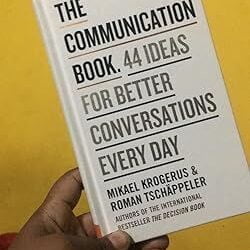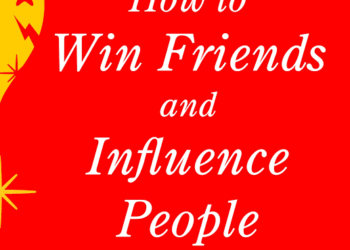Don’t Believe Everything You Think” is a book about how our thoughts and beliefs influence our actions and perceptions of the world around us. It discusses how our beliefs can shape our reality and how we can change our beliefs to better serve us. The book explores the concept of cognitive biases and how they can lead us to make faulty assumptions and judgments. It also offers strategies for recognizing and overcoming these biases in order to make more accurate and objective decisions. Overall, the book encourages readers to question their own beliefs and to be open to new ideas and perspectives.
10 lessons from book “Don’t Believe everything you think”
It’s important to question your own beliefs and assumptions.
- Our thoughts and beliefs can be influenced by our biases and past experiences.
- Emotions can impact our thinking and decision-making.
- It’s important to seek out diverse perspectives and information.
- We should be open to changing our beliefs when presented with new evidence or information.
- It’s possible to have false or distorted memories.
- We can be influenced by propaganda and manipulation.
- It’s important to be aware of cognitive biases that can distort our thinking.
- It’s important to practice critical thinking skills to avoid falling victim to flawed reasoning.
- We should strive to be open-minded and open to change, rather than rigidly holding onto beliefs.



















